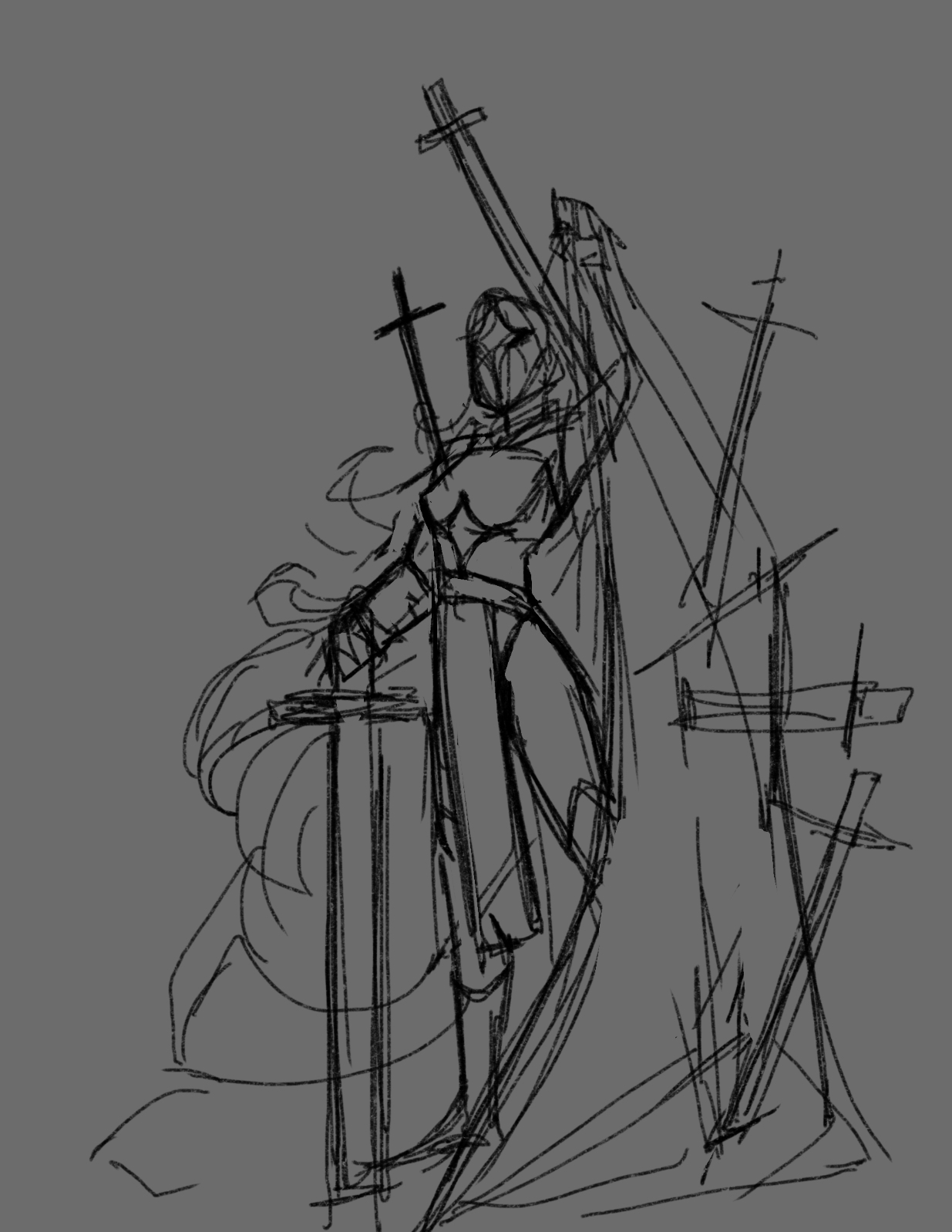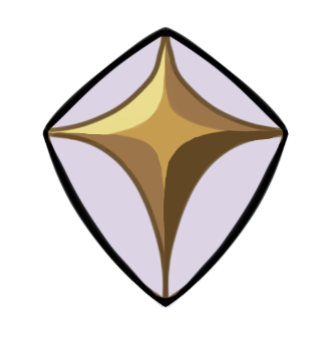Phaedra
Phaedra
(Lesser Deity)

Basic Information
| Info | Info |
|---|---|
| Title(s) | The one who failed |
| Pantheon | Efithian Pantheon |
| Gender | feminine |
Statistics
| Info | Info |
|---|---|
| Alignment | chaotic good |
| Symbol | An Aegis with a tetradic Star |
| Domain(s) | Justice |
Manifestations
| Info | Info |
|---|---|
| Favoured Animals | bulls |
| Favoured Colours | white,gold,blue |
Phaedra
Art by Amelie
Description
Phaedra remains in her human form, of a 2 meter tall, masked warrior woman. Seven swords are rammed into her back.
Aspects
Phaedra is a goddess of Protection, under the Justice Domain. Other aspects of her divine rule include Mercy, Redemption, Reconciliation, and Restoration
History
The ideal
When humanity was born, with it came war and with it the want to return to peace.
But as humanity struggled for survival, the need for justice was born. As humanity struggled they (as in humans) wished for Peace, for Justice. From this wish the ideal of Protection was born, envisioning a world restored to peace. A groups want for Justice, created the need for Equity. For treating all without bias (impartially) enables all to live in Harmony (balance). As society formed they started to belief. Their belief in justice led to the enactment of rules and compromises as well as Retribution for those not willing to follow.
Phaedra - The Face
The Minotaur Asterius (Phaedra’s half-brother) grew up to be violent and developed a craving for human flesh. King Minos (Phaedra’s father) ordered an inescapable labyrinth to be built and put the Minotaur inside.
Androgeus (Son of King Minos and Phaedra’s brother) was killed by the Athenians; King Minos then waged a war of revenge for his son and won.
As a result, every seven years, seven boys and seven girls from Athens were sent into the labyrinth as a sacrifice to the Minotaur.
Phaedra thought this to be cruel and implored her father to stop but to no avail. She then decided to go into the labyrinth herself to protect the people from being eaten, knowing she will never get out again. From then on she spent years in the labyrinth battling the Minotaur. She had no intention of killing him as she still saw him as her brother. She sustained many injuries - it is said that each sword in her back symbolizes a year in the labyrinth.
After a few years had passed, Theseus (greek “hero” from Athens) set out to kill the Minotaur and stop the human sacrifices. When he arrived, Ariadne (Phaedra’s sister) fell in love with him and promised to help him out of the labyrinth; she gave him a ball of thread so he could his retrace his path.
Theseus went into the labyrinth to find Phaedra and Asterius fighting. Phaedra begged Theseus not to kill the Minotaur but he didn’t listen. After years of fighting, Phaedra didn’t have the strength to stop him anymore and had to watch as he slayed her brother. Theseus left the labyrinth again together with the Athenians and got all the glory for saving them. Stricken with grief and anguish, Phaedra was about to take her own life when The God of Justice intervened and granted her godhood as an acknowledgement of her deeds.
Religions
Worship of Phaedra
Eranvale
- worshipped by common people who cannot fend for themselves

The Bearing - Temple in Entodiff
- temple in Entodiff
- main temple for the followers in Eranvale
Notable Members
- Astra: Aasimar of Phaedra